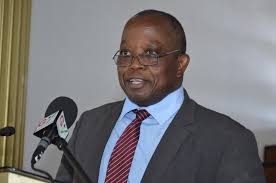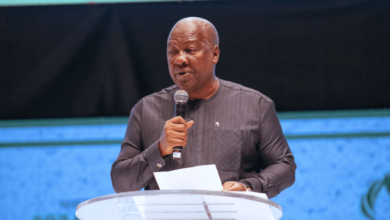Former Auditor General of Ghana, Daniel Yao Domelevo, has called on anti-graft agencies to root out those engaged in shoddy work within their ranks. Addressing ethical lapses and corruption requires leveraging available capacities rather than viewing corruption as an expedient means to meet needs.
Amid a surge of corruption cases implicating the NPP government, there is a critical responsibility for government bodies, especially leadership, to confront and resolve these challenges. Instead of creating additional institutions, which often incur significant funds without sufficient accountability, efforts should focus on ensuring existing ones function effectively. This approach is crucial as unchecked corruption continues to drain resources that could otherwise improve infrastructure such as roads, schools, and hospitals.
Speaking in Accra, Mr. Domelevo highlighted widespread corruption across esteemed institutions in Ghana. He urged anti-graft agencies like the police, the Special Prosecutor’s Office, and the Commission on Human Rights and Administrative Justice (CHRAJ) to be decisive and rigorous in their investigations of corruption.
Moving forward, individuals and organizations in positions of authority must implement stringent operational structures to deter bribery and other influences that compromise the trust and credibility of investigative institutions. Any form of corruption, including bribery, influence peddling, and embezzlement, undermines public trust and must be tackled with consistent standards across all anti-corruption agencies.
Mr. Domelevo argued that existing institutions must be empowered to effectively combat corruption, distinguishing it from political corruption, where officeholders misuse their positions for personal gain. He emphasized that eliminating inefficient workers who fail to fulfill their mandates is essential in the fight against corruption.
Furthermore, he endorsed targeted initiatives like the Ghana Anti-Corruption Coalition, aimed at substantially reducing corruption in all its manifestations.
Story By:Linda Yeboah.




